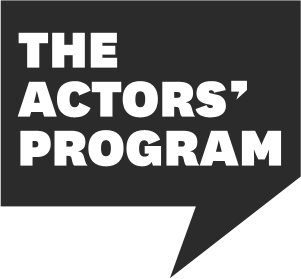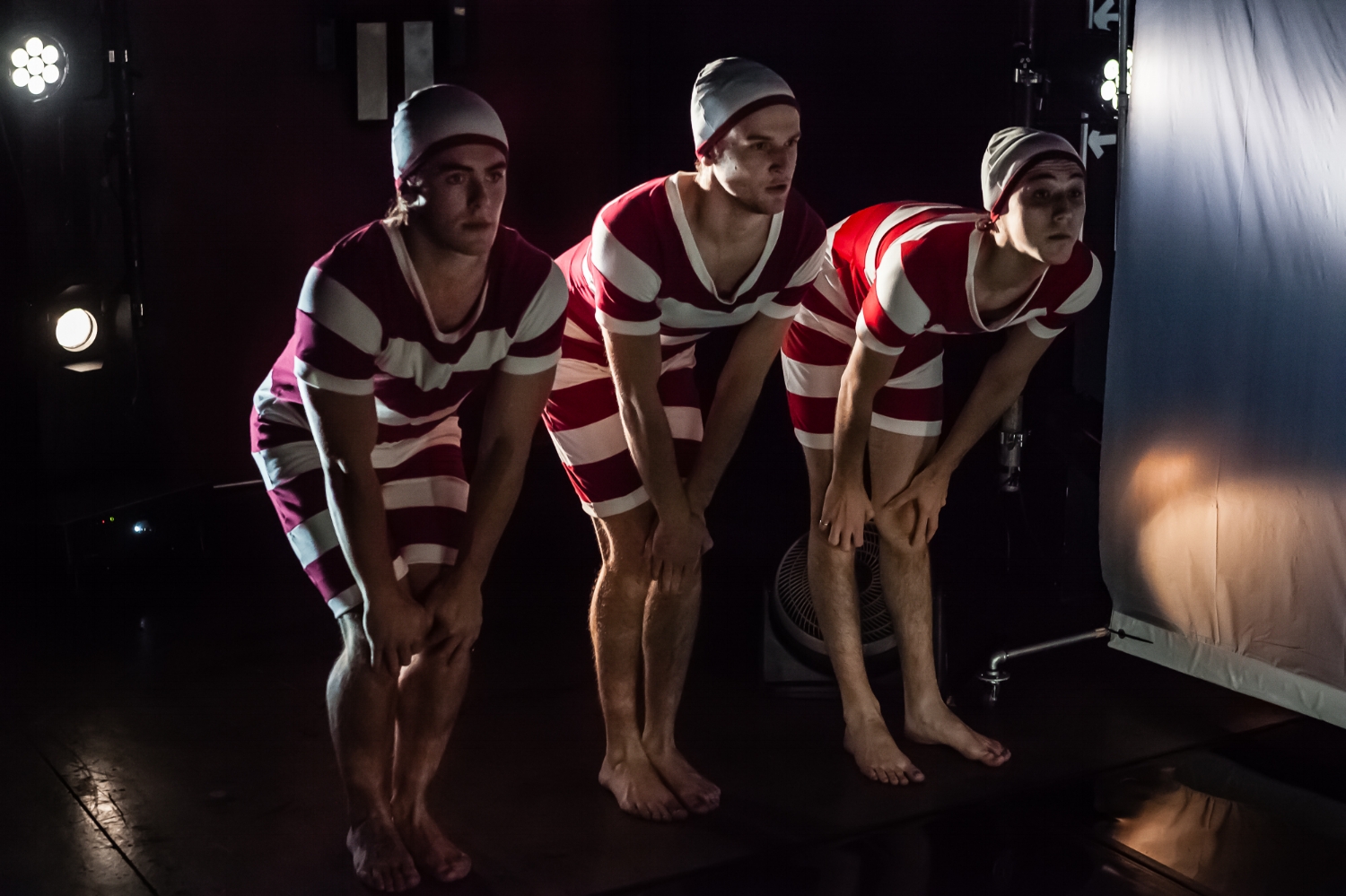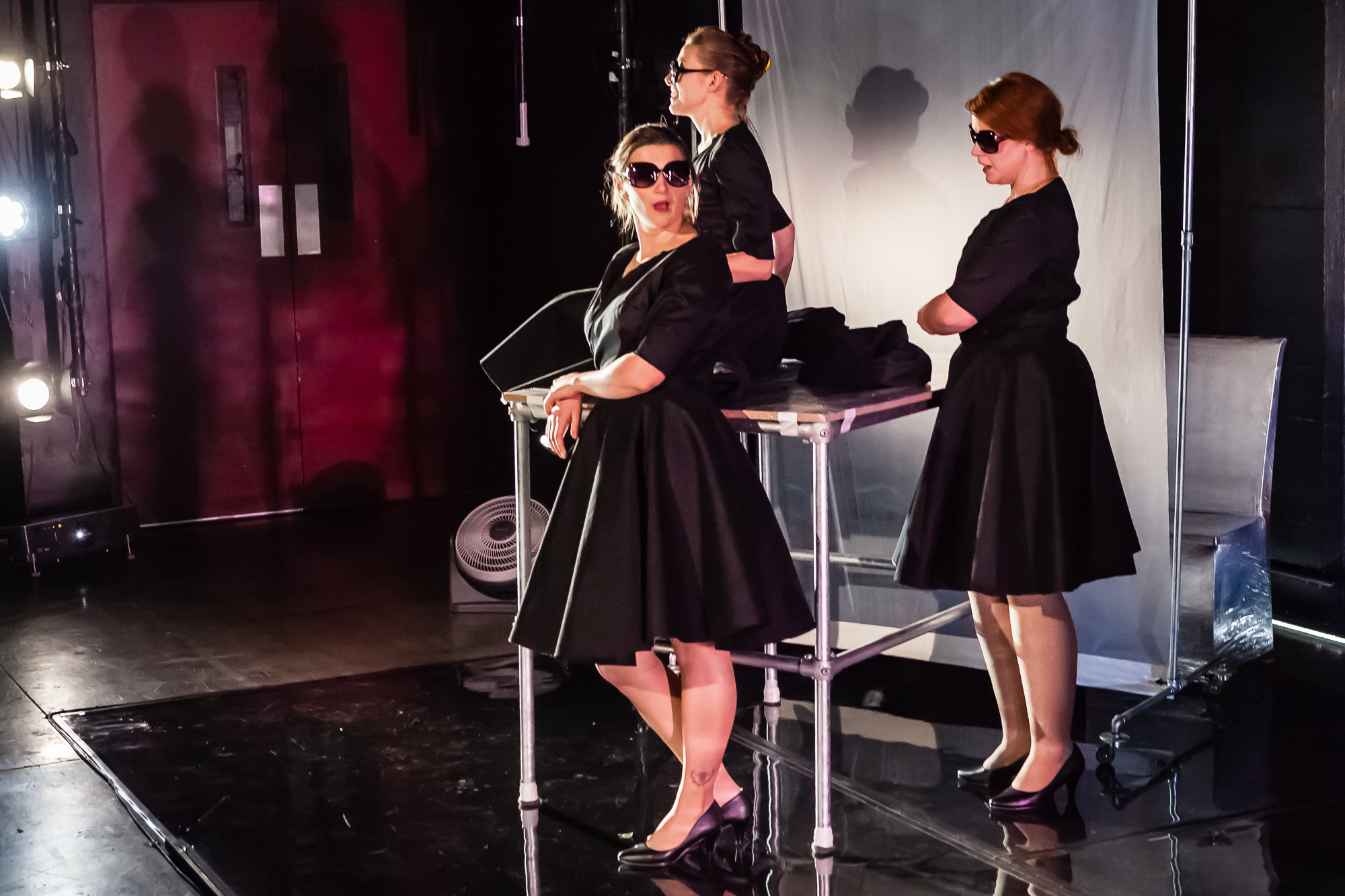Acting Technique
Actors need to be authentic, truthful, emotionally connected, imaginative, energised, expressive and engaging. They must be able to employ a range of techniques to shape, fulfil and sustain a stage or screen performance.
The Actors’ Program has practical technique classes that will:
Teach actors script analysis and interpretation techniques that will assist in pre-rehearsal and on-set prep for stage and screen
Give students the skills to approach and perform classic and contemporary texts with ease, understanding, truth and the versatility to bring any type of script alive in performance
Explore a variety of techniques both classic and contemporary, that give the student a tool-box from which to draw when acting on stage and in front of a camera
Allow the actor to develop her or his own imagination, creative voice, emotional truth and ability to connect with other actors in an organic and generous way
Enable the actor to improvise scenes in a variety of situations, e.g. script creation, character exploration and development, rehearsals, auditions, role-play employment, on-stage improvised performance and on-screen filmed improvisations. Also to further use improvisation skills in the creation of self-devised work for stage and screen
Broaden and deepen the actor’s characterisation through research, practice, solo and group improvisation and a variety of specific classic and modern techniques taught in the classroom, in rehearsals and in performance
Prepare the actor for real-life professional performance work
De-mystify and clarify the audition process through classes with, and on-site auditions for, casting agents
Movement
Whether on stage or screen an actor’s body must be relaxed co-ordinated, expressive and fully connected to the vocal, emotional and intellectual truth of his or her character.
The actor must also have an ability to fulfill a director’s physical instruction quickly, easily and professionally, bring offers to the floor or set regarding outer action and character’s physicality and maintain a healthy strong and released body throughout a long play, season or shoot.
To produce these physically capable and expressive professionals The Actors’ Program has movement classes that will:
Help the actor release tension, lose ingrained physical habits and become more flexible
Build the strength and stamina required for the physical demands of performance
Develop the co-ordination to fully inhabit outer actions, including choreography within a production
Facilitate confident, free and varied physical expression that relates specifically to dramatic play and performance
Broaden the actor’s range to inhabit a variety of character energies, physicality,
body language and typeProduce actors who are sitting inside their bodies with confidence and move organically and instinctively within a scene
Enable the actor to physically interact with other actors
Develop an awareness of stage and screen dynamics and an ability to fulfill physical instructions from directors and/or choreographers
Practice skillful use of props, furniture and costume on stage and screen
Integrate all physical skills learnt into acting techniques, rehearsals and performance
Teach healthy physical habits and routines that will carry actors through the demands of a performance season or intense shooting block. This includes nutrition, personal warm ups for performance and physical release after performance
Voice
Voice training is a key component of the Actors’ Program. The actor must develop a physical, technical and creative understanding of his or her own voice. Having a connected, expressive, authentic voice is vital for sustaining a career as an actor on stage and screen.
These exciting and dynamic classes will:
Develop breath support, linking breath with impulse and thought
Achieve the understanding of how to effectively use voice with stamina, freedom and control for all performance demands, as a working actor
Connect physical relaxation and movement with vocal expression and release
Develop physical and emotional connection to the voice
Embrace sound and movement
Explore and free-up pitch and vocal range, resonance, and vocal dynamics
Develop the articulators in order to explore the muscularity and power of language
Release and express the power of words, using classical and contemporary texts
Practice exercises which prepare the actor for auditions, rehearsals and performance for stage, radio, voiceovers, film and television
Develop song performance technique
Broaden accent, and dialect range and ability
Performance
The primary focus of the course is stage and screen performance, both in a class situation and for the public.
Each term The Actors’ Program will have film and theatre performance outcomes. These will cover:
In-class performances and/or screenings for fellow actors, teachers and invited guests
Auditions with casting directors
Performances before selected professionals including agents, directors, casting directors and producers
Practical experience in a television studio and voice studios
A location film shoot especially written for the actors with professional writer, director and crew with an industry professional cinema screening
A showcase season at the end of the year for industry professionals and the general public
Professional Skills
A professional actor is an independent contractor who needs to be able to manage their career in a competitive environment.
To enable the actor to comfortably and expertly enter the profession on completion of the course Professional Skills has two components - Protocol & Business.
Protocol covers
Theatre etiquette
Venue & backstage tours
Costume maintenance
Make-up
Backstage etiquette
Green Room etiquette
Roles & functions of cast and crew
Rehearsals
Technical week
Publicity & interviews
Audition etiquette
Research
Reading full script
Instructions
Singing – correct music
What to bring
On-set etiquette
Roles & functions of cast and crew
Reading call sheets
Pink & yellow pages
Script order
Health & safety (Equity)
Publicity & interviews
Business covers
Small business skills – invoicing, GST, budgets & accounting
Creating work
Producing work
Applications – funding & submissions
Agent protocol
Marketing – headshots, social media, self-promotion & networking





